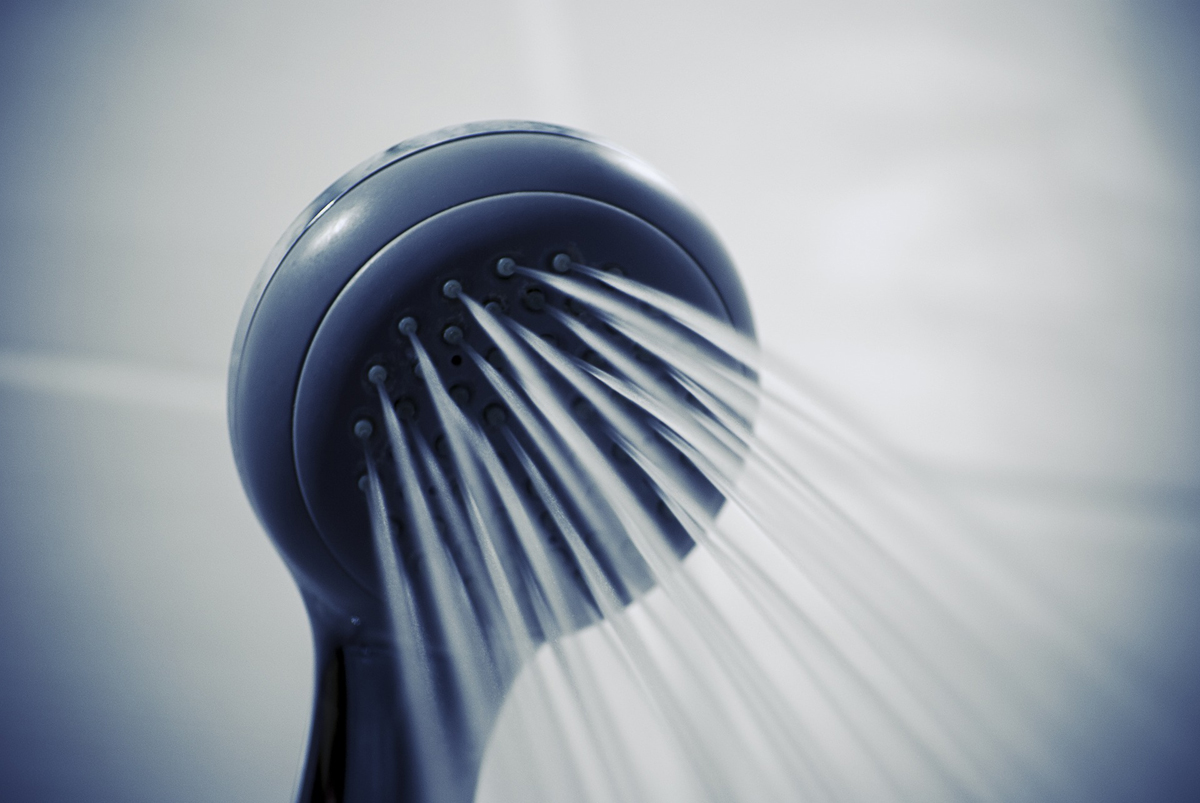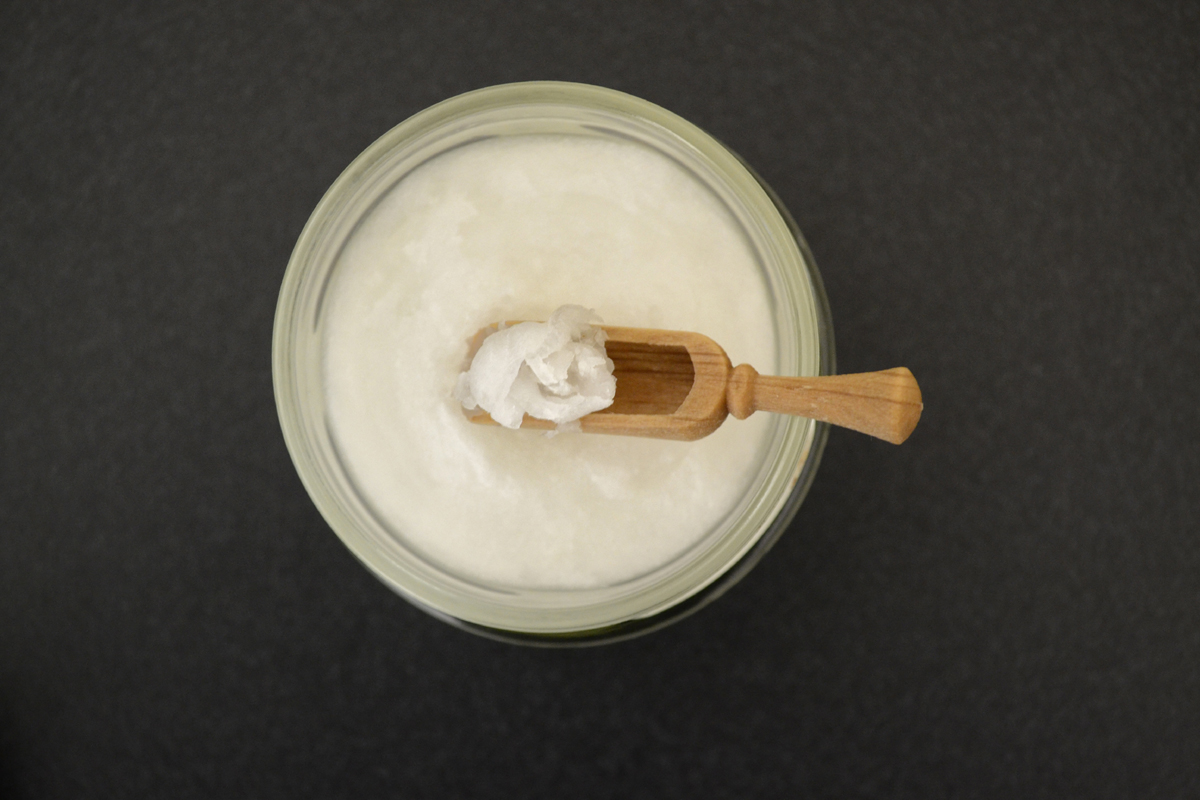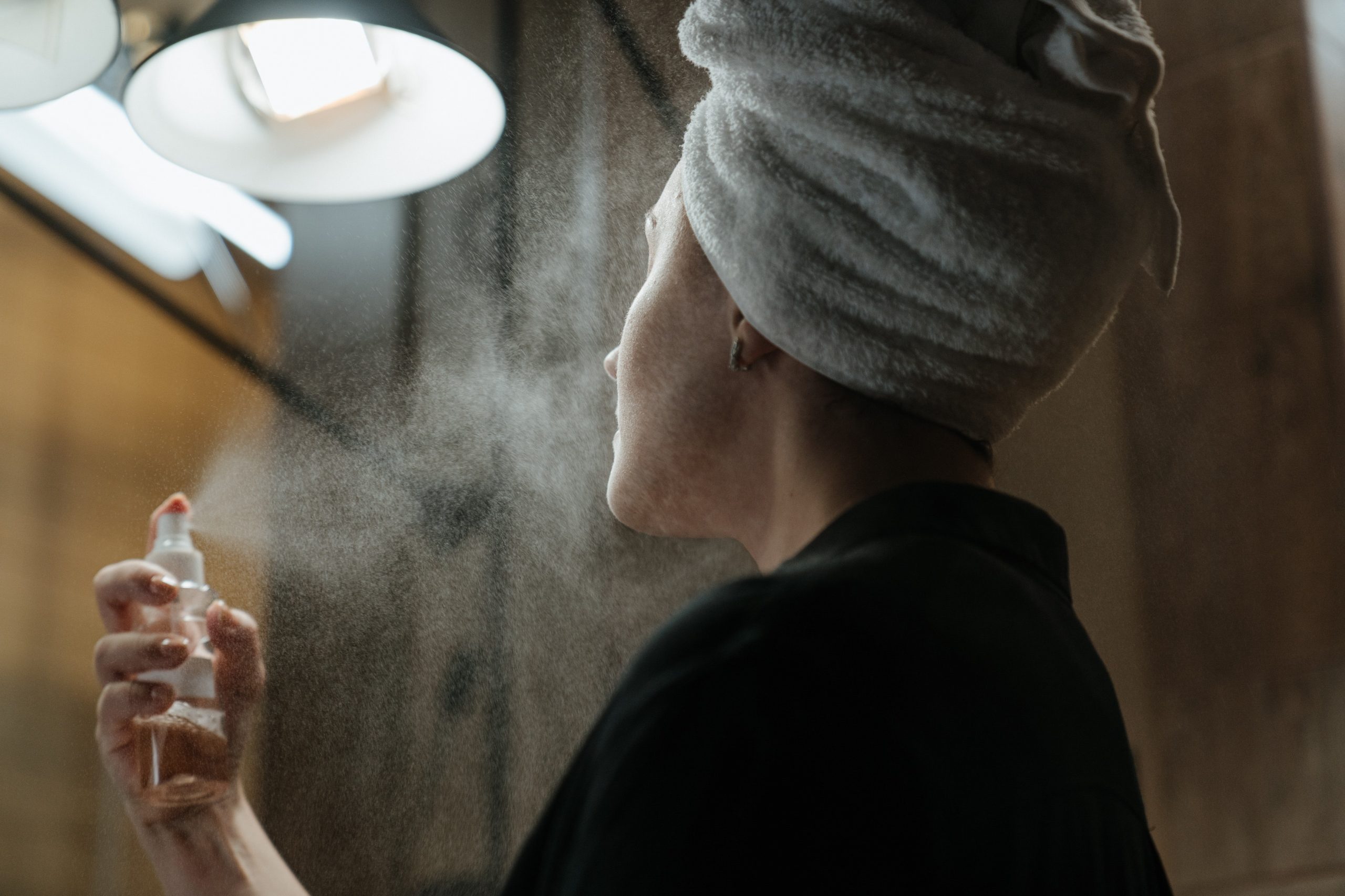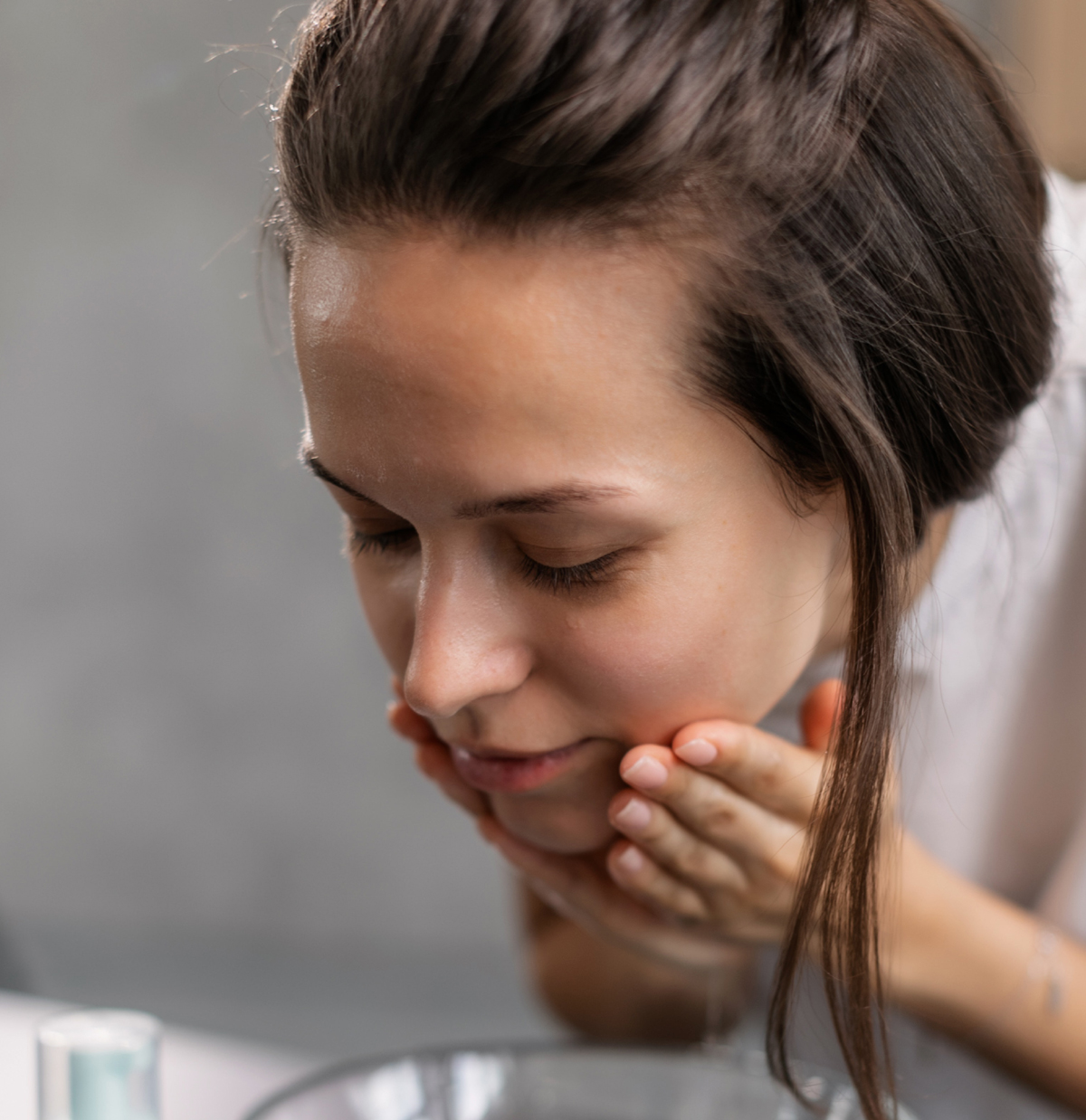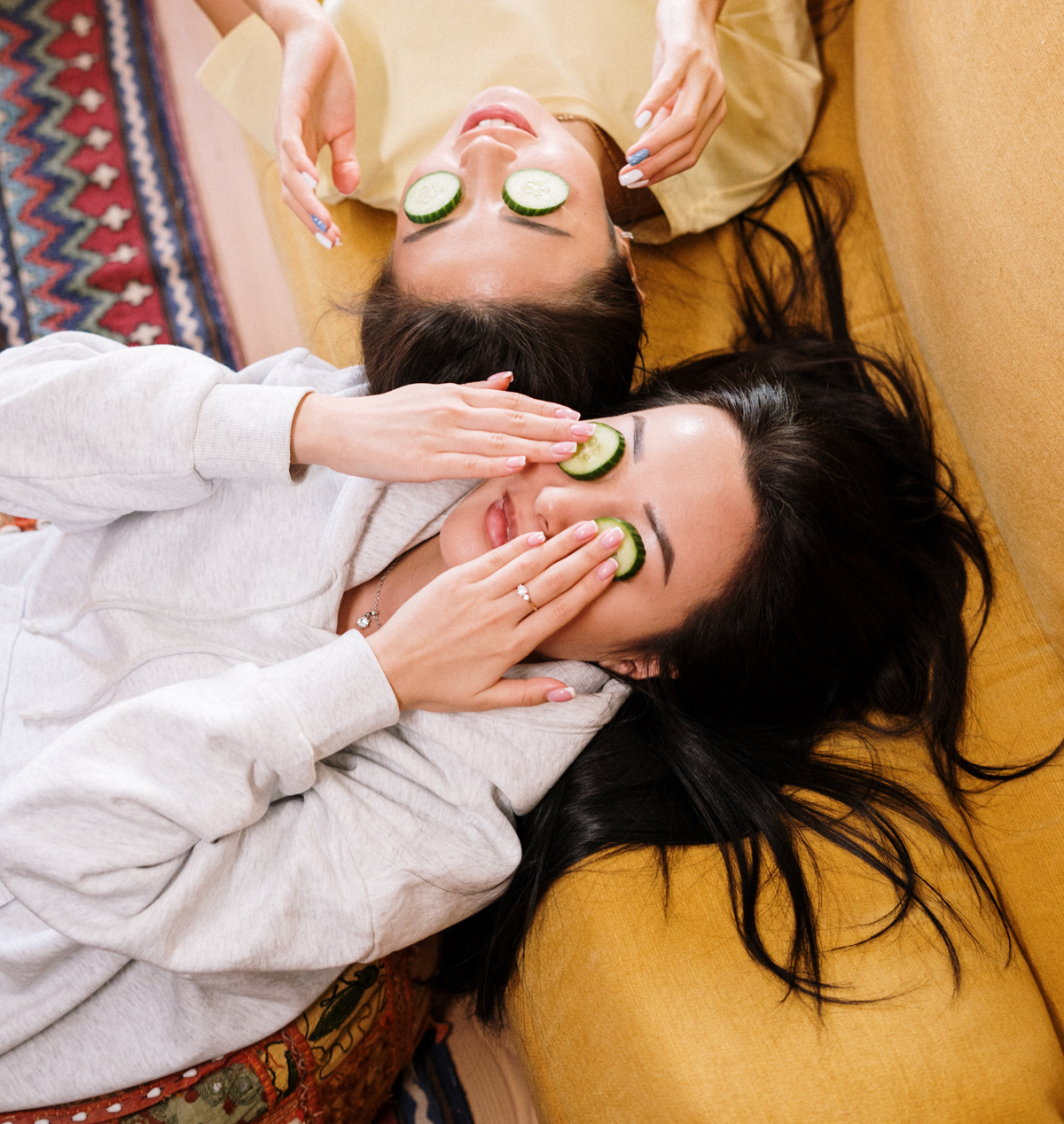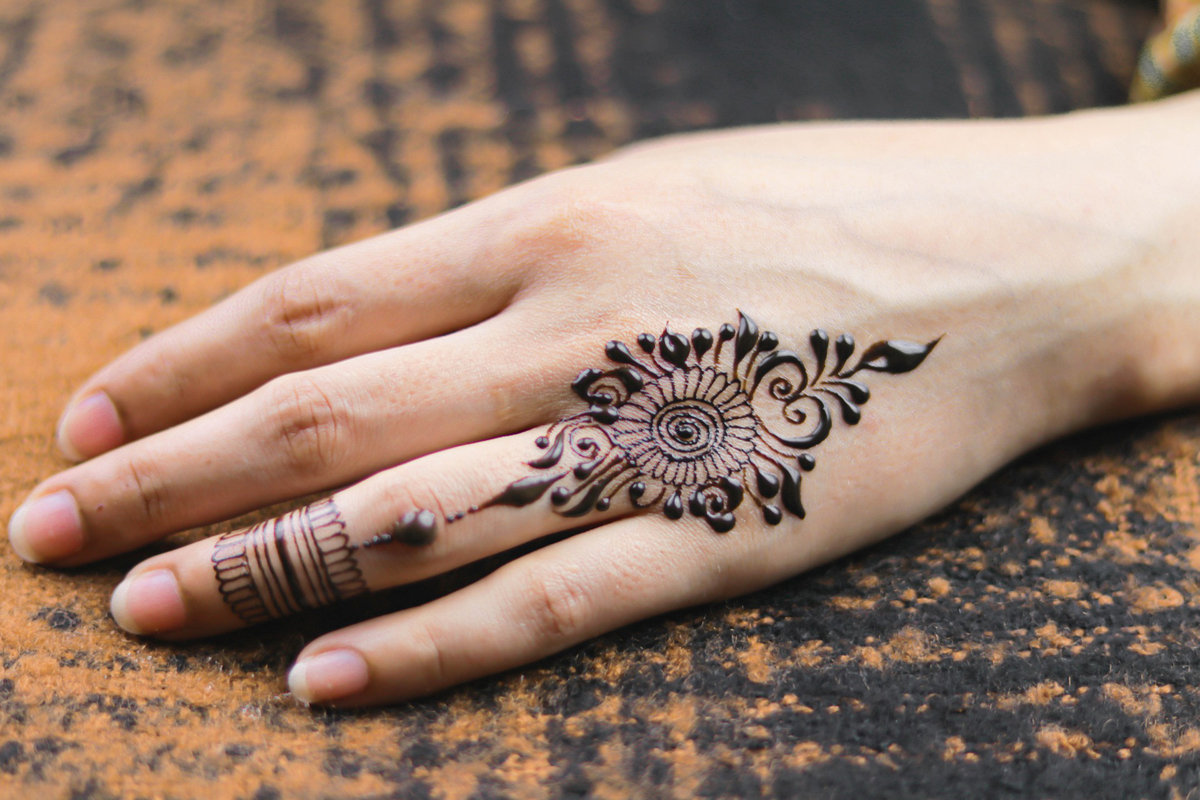Feed Your Skin and Water It Too
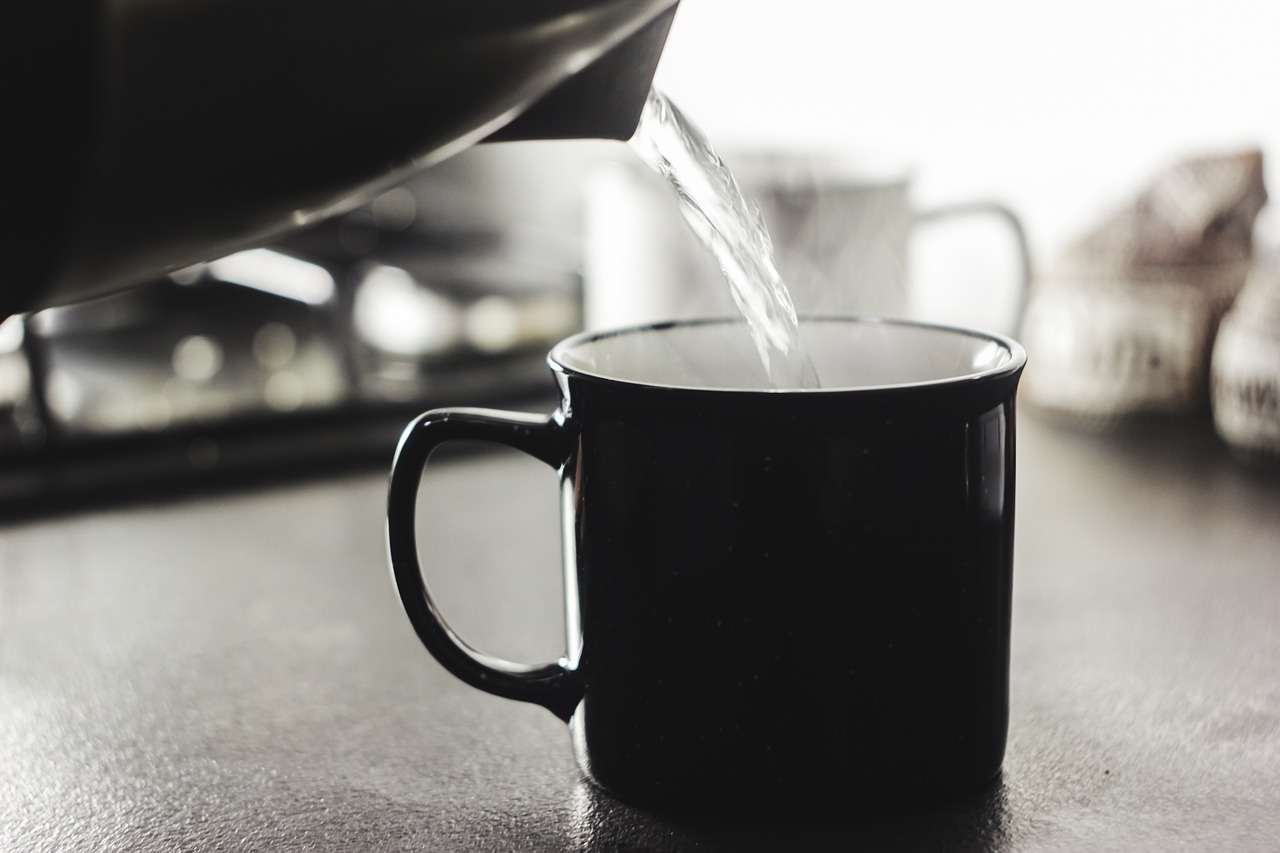
Natural creams and lotions are great for your skin, but if you want your skin to look good day after day and year after year, you have to work on it from the inside out. Ayurveda – the 5,000-year-old system of holistic healing from India – contends that a balanced diet, proper digestion and regular elimination are vital for clear glowing skin. “Ama” – the residue of improper digestion that can accumulate in the body – is the Number 1 enemy of healthy skin, leading to lifelessness and breakouts, according to ayurvedic dermatologist Rama Kant Mishra.
So what should you feed your skin to keep it looking good?
To follow ayurvedic principles for diet, you first need to figure out which of the following three categories your skin falls into:
If your skin is dry, thin and sensitive, susceptible to dullness and wrinkles, you have Vata type skin.
Pitta skin tends to be reddish, warm and extremely sensitive, prone to breakouts and easily affected by the foods you eat, heat and sun.
Kapha skin tends to be lustrous, oily, and thick in texture. It is prone to clogged pores, breakouts and toxic buildup.
Once you’ve determined the predominant ayurvedic category your skin falls into, you can try some of these suggestions for feeding your skin right:
Individuals with Vata skin may need to include judicious amounts of healthy fats in their diets to restore natural luster to the skin. Ayurveda suggests Ghee (clarified butter), or you can use olive oil or sesame oil.
Green leafy vegetables should be eaten daily by all skin types. Rather than eat them raw, try steaming them lightly. Carrots are also nourishing for all skin types.
People with Pitta skin should stay away from hot, spicy foods to avoid skin irritation.
Kapha skin types can enhance the digestive fire by taking a bit of fresh ginger mixed with a little limejuice before meals.
Juicy fresh fruits are excellent for all skin types; they act as cleansers and re-hydrate the skin from within.
Roses are considered cooling. People with Pitta skin can eat rose petal jam on its own or mixed into warm milk.
Spices recommended for each skin type should be incorporated into the daily diet. In addition to having therapeutic properties of their own, some spices act as “carriers” of the benefits of other foods, especially when sautéed in a small amount of Ghee. Cumin and coriander are considered good for all skin types; they enhance digestion and cumin is also effective as a toxin hunter.
Generally, people with Vata skin can add moderate amounts of black pepper, ginger and turmeric. Pitta skin benefits from cooling spices such as fennel and licorice, and Kapha skin from pungent spices such as pepper, ginger, cloves and turmeric. Spices should be cooked, not eaten raw. Herbal teas that incorporate spices are a quick, simple way of including them in your diet.
In general, weight your diet with fresh, light, nutritious foods – vegetables, grains, lentils and legumes – and go easy on heavy, deep-fried foods. For more detailed information on eating for personal balance, visit http://www.mapi.com and click on the links for Vata, Pitta and Kapha.
Water is considered a life-giving force in ayurveda, very important in maintaining skin health as well as overall health. Says Mishra, “It’s not always enough to just drink eight glasses of water everyday. For the body, and the skin, to realize fully the life-giving properties of water, people with different types of skin need to consume it differently.”
Ayurveda is very firm on one aspect of drinking water, and, indeed, all beverages. Ice-cold drinks are not recommended because they inhibit the digestive fire and lead to imperfect digestion of food, which can show up on the skin. One internal water therapy recommended by Mishra is drinking 6-8 glasses of boiled water everyday. Use pure drinking water, and boil it for five minutes. People with Vata type skin should drink the water warm, Kapha skin types can sip it hot, and Pitta skin types should cool it to room temperature before drinking. The water should be boiled fresh each day, and should not be ingested on a completely empty stomach. This therapy helps the water flush toxins from the body and moisturize the skin from within, keeping it hydrated and lustrous.
Combining boiled water with herbs suitable for the skin type enhances the benefits. Mishra suggests the following procedure –
Boil one liter of water for five minutes, then pour it into a thermos or other type of heat-retentive container. Add the recommended herbs and spices and steep. Keep the container closed. Strain and use the spice-infused water as needed. Drink at the temperature recommended above for each skin type.
Basic combination of recommended herbs and spices:
1/2 teaspoon cumin seeds
1/2 teaspoon coriander seeds
2 pinches of ground licorice root
Vata skin types can add 1/4 teaspoon cardamom seeds, Pitta skin types 1/2 teaspoon fennel seeds and Kapha skin types a one-inch slice of peeled fresh ginger root.
Note – Information presented in this article is solely for the purpose of imparting education on Ayurveda and is not intended to diagnose, treat, cure or mitigate any disease. If you have a medical condition, please consult a qualified health professional.
The Author:
Vasu Nargundkar is deeply interested in holistic healing and the ayurvedic approach to beauty. She is the editor of Total Health News Online, a free monthly newsletter published at mapi.com. To read a sample issue, please visit http://www.mapi.com and click on the newsletter link.



